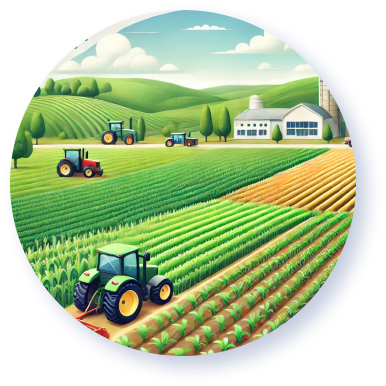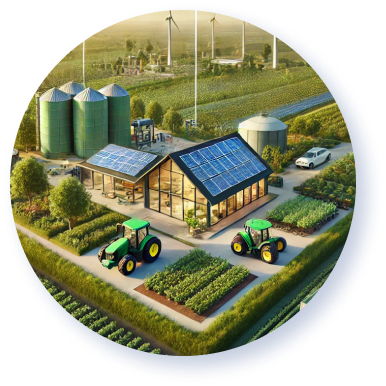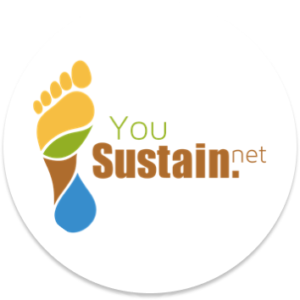We are here to help you
Farmers are facing increasing challenges due to climate change, while the food supply chain is accelerating a global transition towards regenerative agriculture through sustainability tools, innovative technology, and financial solutions.
The main factors for achieving sustainable nutrition and carbon neutrality are investments in regenerative agriculture.
Supporting agri-food supply chains is our mission; farmers need to be encouraged to adopt tools to monitor greenhouse gas emission reductions and a wide range of regenerative agricultural practices, including cover cropping, reduced tillage systems, improved nutrient use efficiency, and multi-year rotations.
These practices aim to achieve greater resilience in field crop production systems, supported by a team of expert agronomists who provide business management services to farmers and food supply chains.
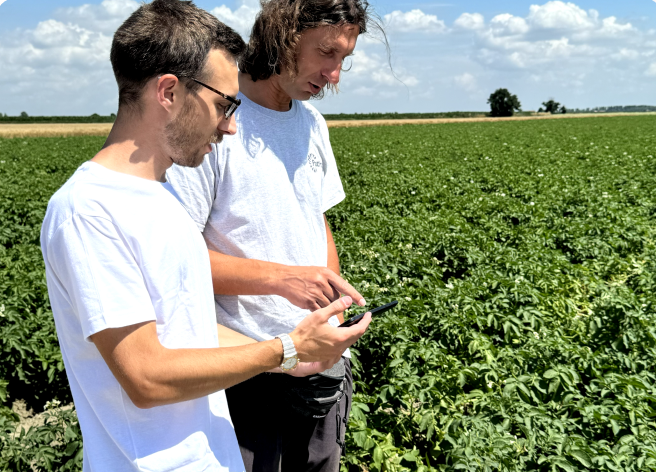
Consulting Services
Years of experience combined with a scientific approach ensure high-quality consulting on strategic and operational (tactical) actions to achieve agri-food supply chain goals.
Support for farmers, private and public companies, and businesses in the energy, industrial, and agri-food sectors in their transition to carbon neutrality is provided with great professionalism, thanks to decades of experience.
Programs and Projects with Agri-Food Supply Chains
Agriculture is transitioning from soil exploitation to soil resource generation, and farmers need digital tools to identify the best actions and calculate sustainability performance, valuing the results achieved.
The food supply chain must market the most sustainable products from farmers, aiming for sustainability and carbon neutrality with new agricultural management tools.

Sustainability Profile of Agri-Food Supply Chains
Strategies to Reduce Emissions in Agriculture
Agroforestry, renewable energy sources, and weather monitoring are three key investments to determine the success of agri-food supply chains, with both environmental and financial benefits, and by integrating them into regenerative agriculture, carbon neutrality goals are no longer a mirage.
Horta supports partners in initiating studies on how these technologies can be integrated to meet market demand while contributing to a greener and more resilient agricultural future.

AGROFORESTRY
European agricultural environments need more trees, shrubs, and ecological areas to protect impoverished agricultural areas, increasing productivity and ecosystem services. Linear elements such as hedges, woodland edges, and rows of trees increase soil organic carbon, mitigate climate change, and improve agricultural land.
Horta’s experts in regenerative agroforestry select species and spacing, as well as plan regenerative agroforestry systems in typical European field crops.
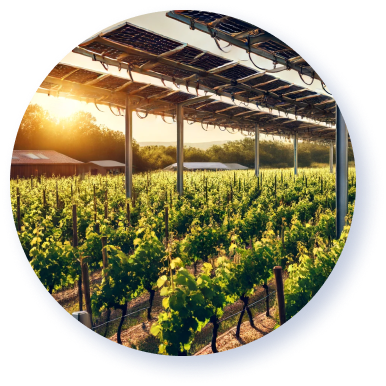
AGRIVOLTAICS
Agrivoltaic technologies are a long-term solution that supports farmers in adapting to the effects of climate change.
Agrivoltaic systems for field crops and zero-emission orchards require software that allows adjustment of solar panel tilt based on light and crop needs.
By installing solar panels on agricultural buildings and open fields, farmers can harness the power of the sun for both food production and generating clean electricity.
Horta supports studies to determine:
- To what extent agrivoltaic systems protect plants and fruits from harmful weather conditions;
- How different approaches to light management, through various photovoltaic module configurations, affect plant growth and crop yield.
Carbon offset programs see solar panels as a solution for neutralizing emissions (insetting), shifting carbon removals achieved through regenerative agriculture to VER carbon credit programs.

WEATHER AND CLIMATE TRENDS
Being resilient to climate change means understanding the influence of weather on crop growth, yield, pests, and resource needs. Agriculture is strongly influenced by atmospheric conditions, and Horta, with one of the world’s largest networks of weather stations, monitors thousands of points in real-time.
These stations provide essential data for agricultural climate services. A quality control model detects weather anomalies in real-time, alerting users and correcting data with an artificial intelligence algorithm. Weather information is crucial for agricultural planning, DSS, insurance, and carbon farming programs.
Horta’s weather stations measure air and soil temperature, humidity, precipitation, wind, evapotranspiration, and soil moisture, providing crucial data for crop and soil management.
Evaluation of Sustainability of Cropping Systems
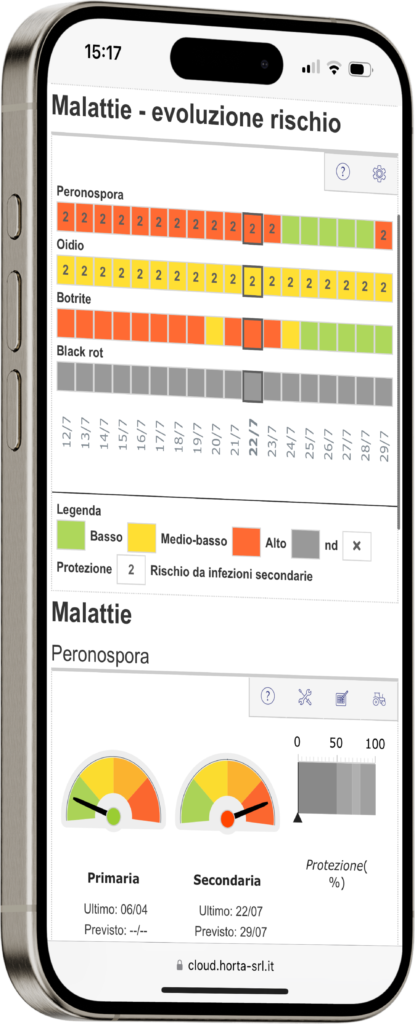
Direct contact with the agricultural world has enabled the development of calculators to understand the efficiency of different cropping systems.
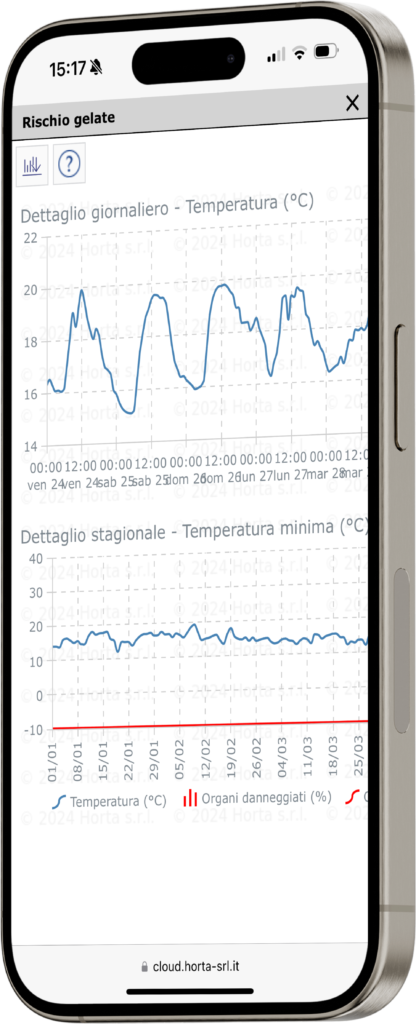
- Measure nitrogen use efficiency in fertilization plans.
- Assess the sustainability of your fertilization and pest control programs.
- Quantify the emission profile of applied fertilizers and plant protection products.
- Set up comparisons between conventional and innovative cropping systems.
Sustainability: Not Just an Environmental Issue

Environmental, Social, and Governance (ESG) issues are becoming a crucial framework for assessing the impact of an agri-food company on society and the environment. Non-financial objectives such as ESG represent an opportunity to attract investment and support the transition to sustainability, ensuring that companies operate responsibly and sustainably.
In the agricultural sector, the ESG framework is still underutilized, especially by smaller and less organized companies, despite consumers and major food retailers demanding more sustainable food, where respect for society and the environment is mandatory and constantly monitored.
This framework is used by investors to assess the sustainability and ethical impact of a company’s actions, leadership, and management, and having a set of tools to achieve and monitor ESG goals is crucial for increasing the competitiveness of agricultural businesses.
Conduct an initial assessment of your agricultural business and check if it meets ESG objectives by filling out Horta’s ESG questionnaire.
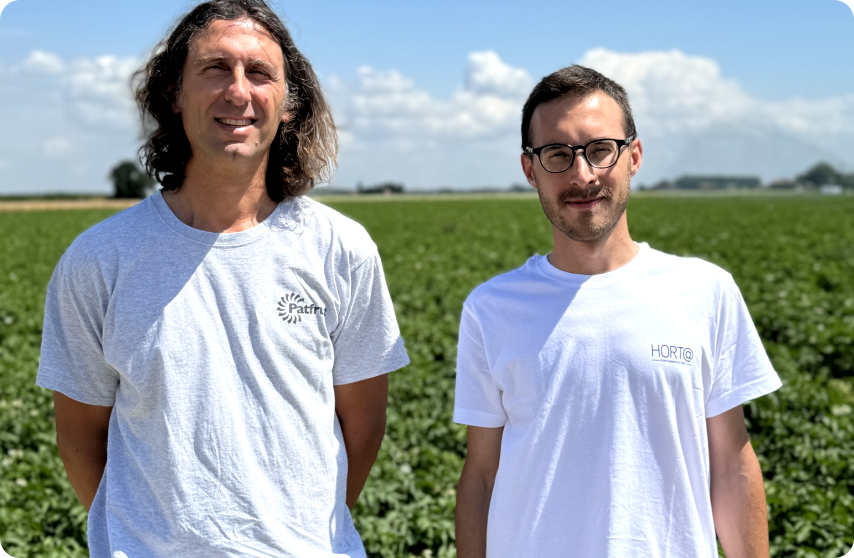
The use of digital tools is essential for providing a clear and detailed view of our activities and their environmental impact
Pietro Rimondi
Agronomist at Patfrut





